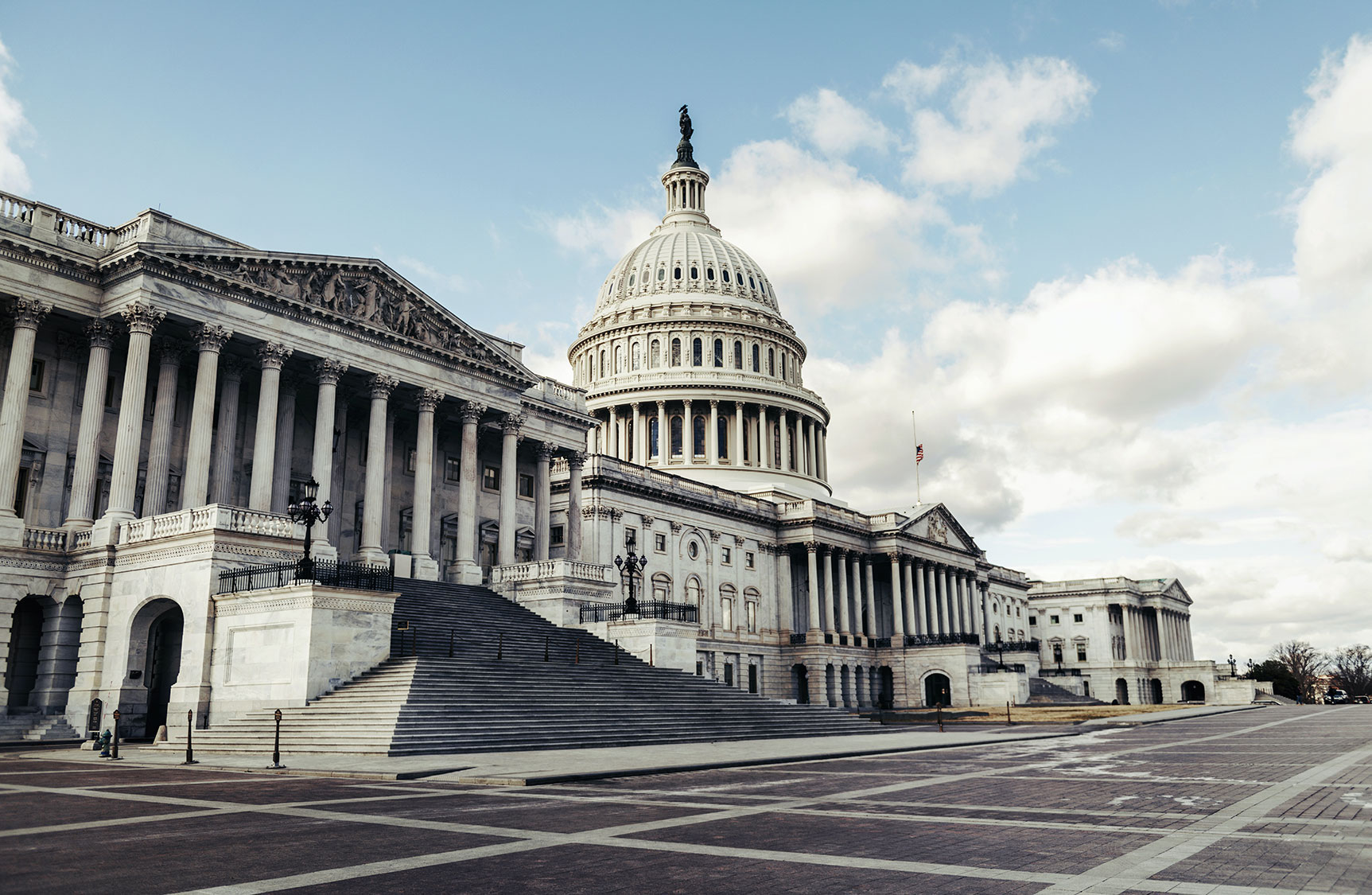There has been a recent flurry of investigations in the current U.S. House of Representatives that target nonprofit organizations. These investigations cross a range of issues, but create burdens and risks for the nonprofits being investigated, as well as potentially for a much broader swath of the nonprofit community.
Congressional Investigations Targeting Nonprofits
Published: November 2023
Consider some of the current investigations:
- Jim Jordan, Chairman of the House Judiciary Committee, subpoenaed and demanded information from multiple nonprofits and researchers claiming their work combatting election and COVID disinformation promoted government censorship.
- Chairman Jordan subpoenaed a nonprofit claiming that its work advancing ESG policies may be violating anti-trust laws.
- Bruce Westerman, the Chairman of the House Natural Resources committee, demanded information from a U.S. environmental nonprofit claiming that in receiving money from a foundation funded by a Swiss national they may be in violation of the Foreign Agents Registration Act (FARA).
- James Comer, the Chairman of the House Oversight Committee, sent a letter asking the Attorney General to provide information about whether several U.S. environmental groups and funders – who had all worked on a campaign to more strongly regulate natural gas stoves – may be in violation of FARA.

Explore INCL’s analyses on this and other issues on our US Program page or for more information contact Nick Robinson at nrobinson@icnl.org.
Additionally, the House Ways and Means Committee issued a Request for Information (RFI) in August 2023 investigating nonprofits work involving elections that may lead to future investigations. In particular, Chairman Jason Smith focused on how some 501(c)(3) nonprofits engaged in voter registration and get-out-the-vote efforts target “underrepresented” populations that may be more likely to vote Democrat, and requested information from the public about these types of organizations.
Nonprofits that are the target of an investigation can significantly distract an organization from its mission. Targeted nonprofits often have to engage expensive outside counsel to help them navigate the frequently complex and confusing terrain of a Congressional investigation. The investigatory process can create negative publicity, sour relationships with donors, lead to third party doxing, and could potentially even lead to a referral to the Justice Department to start a parallel investigation.
While Congress’s investigatory power is vital for it to provide oversight of the federal government and acquire information for future lawmaking, in the past this power has also been abused. In one infamous historical example, during the McCarthy era in the early 1950s, the House set up a select committee to investigate allegations that officers of major U.S. philanthropic institutions – like the Ford, Carnegie, and Rockefeller Foundations – were communists. The committee eventually found that there were “very few” communist sympathizers in influential positions at major U.S. foundations. However, that conclusion came only after a high profile investigation in which these organizations spent extensive resources to respond to the committee’s questions and were smeared as supporting “un-American and subversive” activities.
Given the importance of investigations to Congress’s functioning, the ultimate guardrail against abusive investigations must come from the self-restraint of Congress itself. In more recent decades though there have been complaints that there have been fewer internal checks on the power of Congress to issue subpoenas, giving committee chairs a freer hand to pursue investigations. Starting in the late 1990s, new Congresses increasingly allowed chairpersons of committees to unilaterally issue subpoenas themselves, breaking from the earlier practice of either requiring the chairperson and ranking member to agree to the subpoena or a majority vote of the committee. Some lawmakers have proposed eliminating, or scaling back, the power of committee chairpersons to unilaterally issue subpoenas and returning to Congress’s older practice, which could help reduce political grandstanding or fishing expeditions by committee chairpersons.
Finally, philanthropy also plays a vital role in mitigating the burden created by Congressional investigations. If organizations that are targeted by Congressional investigations have to shoulder the costs themselves, it can discourage nonprofits from engaging in work that might be controversial or become controversial. For example, a researcher at a disinformation group lamented the effect of high legal fees in responding to a Congressional subpoena earlier this year, saying “it’s been pretty successful, I think, in discouraging us from making it worthwhile for us to do a study in 2024 [of election disinformation].”
Donors have stepped up to help nonprofits when they have been targeted in other contexts, such as by vexatious litigation that is intended to undermine their work, known as strategic lawsuits against public participation (SLAPPs). Similarly, funders have a critical role to play in assisting nonprofits targeted with Congressional investigations to help ensure these investigations do not end up silencing important nonprofit voices.
For more information contact Nick Robinson at nrobinson@icnl.org